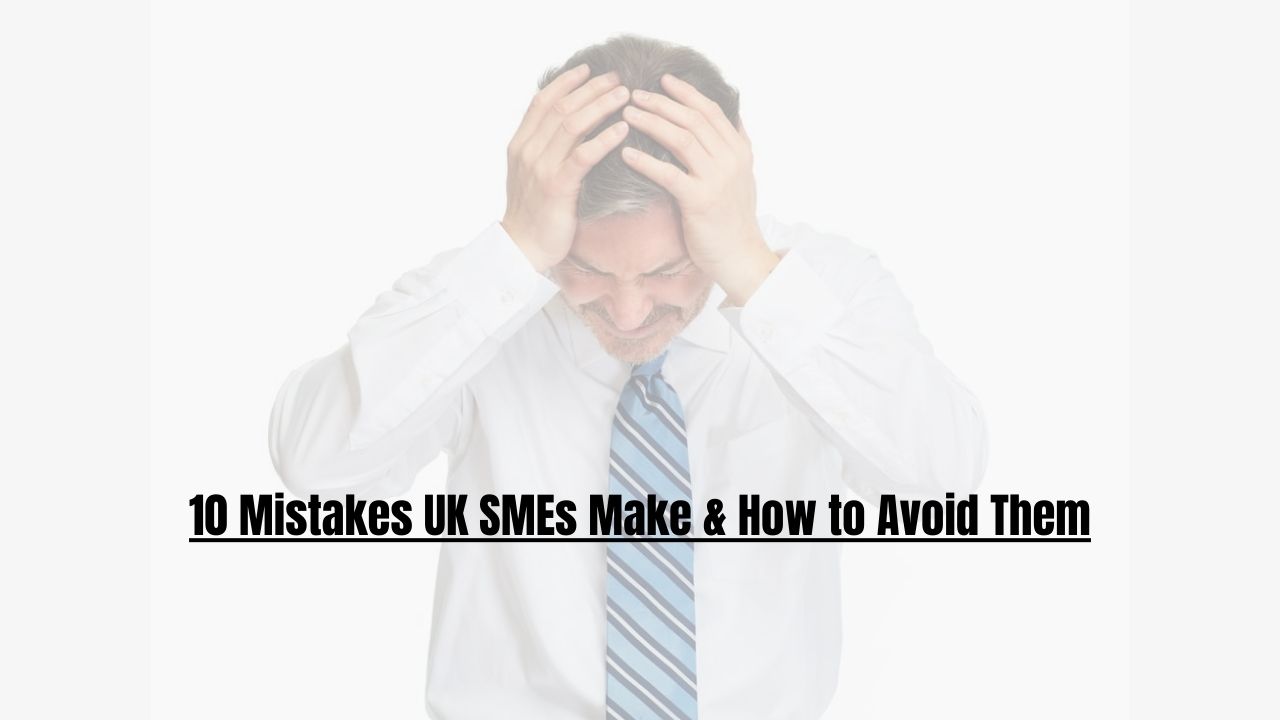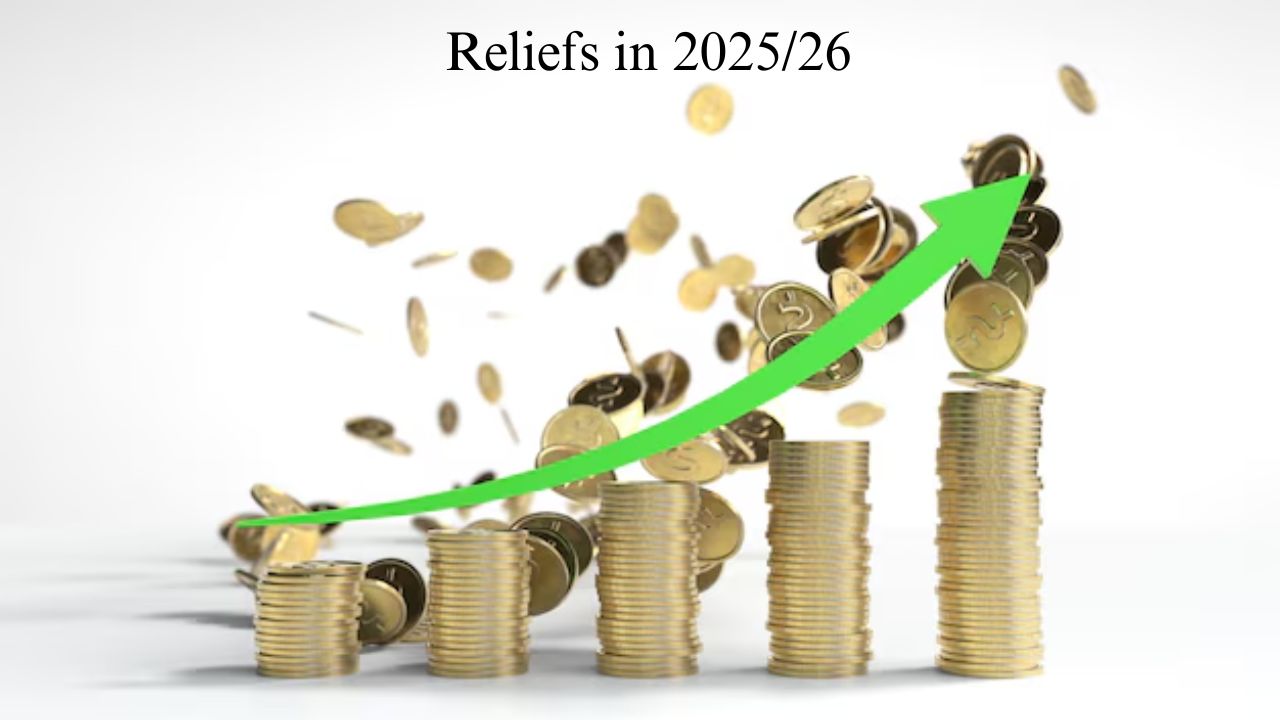
MTD: The Exemption Escape Road | UK Accountant’s Guide 2025
A central aspect of getting ready for MTD for income tax (MTD IT) is establishing who the likely clients are to be in (and out) of scope.
Among the key considerations here will be whether clients' 'qualifying income' is in excess of the applicable limits. Yet there are a number of other exemptions that would remove taxpayers from MTD IT. This article takes the key exemptions through, reminding us of what we do (and don't) know and what action agents and taxpayers may need to take before April 2026.
The significance of income
Income exemption is the most frequent pathway for a taxpayer to be removed from MTD IT. This exemption will be triggered automatically by HMRC, and no application is required by the taxpayer or agent.
HMRC will match the 'qualifying income'(generally, gross trading and property income) declared on the latest submitted tax return with the applicable limit. For instance, if qualifying income is less than £50,000 on the 2024/25 tax return, HMRC will regard the taxpayer as exempt from MTD IT for 2026/27.
Another significant exception (at least for now) is partnership profits, which are out of MTD IT and not classified as qualifying income. But that does not necessarily imply anyone who is a partner in a partnership is automatically exempt – if they are also a sole trader or they have property profits outside the partnership, they may still be in MTD IT for those.
In the same vein, automatic exemption applies to qualifying care income. But foster carers who have other trading income, or who are landlords, might still be required depending on how much that income is.
Digital exclusion
Another important exemption for tax and adviser alike to take into account is 'digital exclusion'. It covers two categories:
- Members of a religious group / order whose beliefs are "incompatible with using electronic communications or keeping electronic records"; or
- Those for whom it is not "reasonably practicable" to adopt MTD IT because of age, disability, remoteness or for any other reason.
Taxpayers in the first category will likely be extremely small in numbers – even the Plymouth Brethren have a website nowadays.
The second type is more probably going to be the priority area. Still, there are question marks regarding its real-world use.
To qualify on the basis of digital exclusion, there will need to be an application to HMRC and one that HMRC will have to approve. Yet HMRC are not yet processing exemption requests. Furthermore, even though the legislation is fairly broadly phrased, HMRC have said in the past that they do not anticipate very large numbers of taxpayers to come within it. This could suggest they will interpret it more narrowly than some agents (and their clients) might wish. It's worth mentioning that HMRC recently revised their guidance to include that, contrary to what was first anticipated, digital exclusion exceptions for MTD for VAT will not directly transfer to MTD IT. Instead, individuals with an exemption from MTD for VAT will be requested to reach out to HMRC so they can 'check information about you and your circumstances'.
We are aware that HMRC will be issuing further details shortly on digital exclusion, including the timing and how to submit applications.
Overseas matters
There is no automatic relief from MTD IT on the basis of non-UK residence - if someone has trading or property income liable to UK income tax, they are in scope. Yet there are certain defined exemptions and delays which might be applicable to non-resident taxpayers.
In specific, those who lack a National Insurance Number (NINO) will be exempt from MTD IT.
Within the current regime, this is a straightforward standalone exemption – a person is automatically exempt for a tax year if they lack a NINO on 31 January prior to the commencement of that year. So no NINO on 31 January 2026 would mean exemption for 2026/27, with no need to apply to HMRC. However, as set out in my recent AccountingWEB article, the draft regulations published over the summer muddy the waters somewhat. Rather than being a standalone exemption, this now appears to be part of a wider exemption for those unable to verify their identity for MTD IT purposes.
It's not clear what this will amount to in reality – will exemption remain automatic for individuals without a NINO, or will application now be required? We look forward to further guidance from HMRC. A more transparent, useful, change made by the draft regulations is an automatic exclusion for non-resident foreign entertainers. Lastly, it was announced in the Spring Statement that taxpayers who submit an SA109 (residence/remittance basis pages) will not be compelled to join MTD IT until April 2027 at the earliest, even if their qualifying income is above £50,000. Nevertheless, this deferral is not included in the draft legislation, and we are yet to hear more about how it will actually work.
Other exemptions
There are several other MTD IT exemptions that cover certain groups of people, such as:
Individuals finishing a tax return in their capacity as a trustee or personal representative.
Donors of a permanent or enduring power of attorney.
The draft regulations further provide exemptions for:
Lloyd's underwriters
Ministers of religion
Married couples' allowance or blind person's allowance recipients.
At the Spring Statement, it was only indicated that these individuals would not be required to join MTD IT in this Parliament, meaning that these exemptions may be withdrawn in the future.



